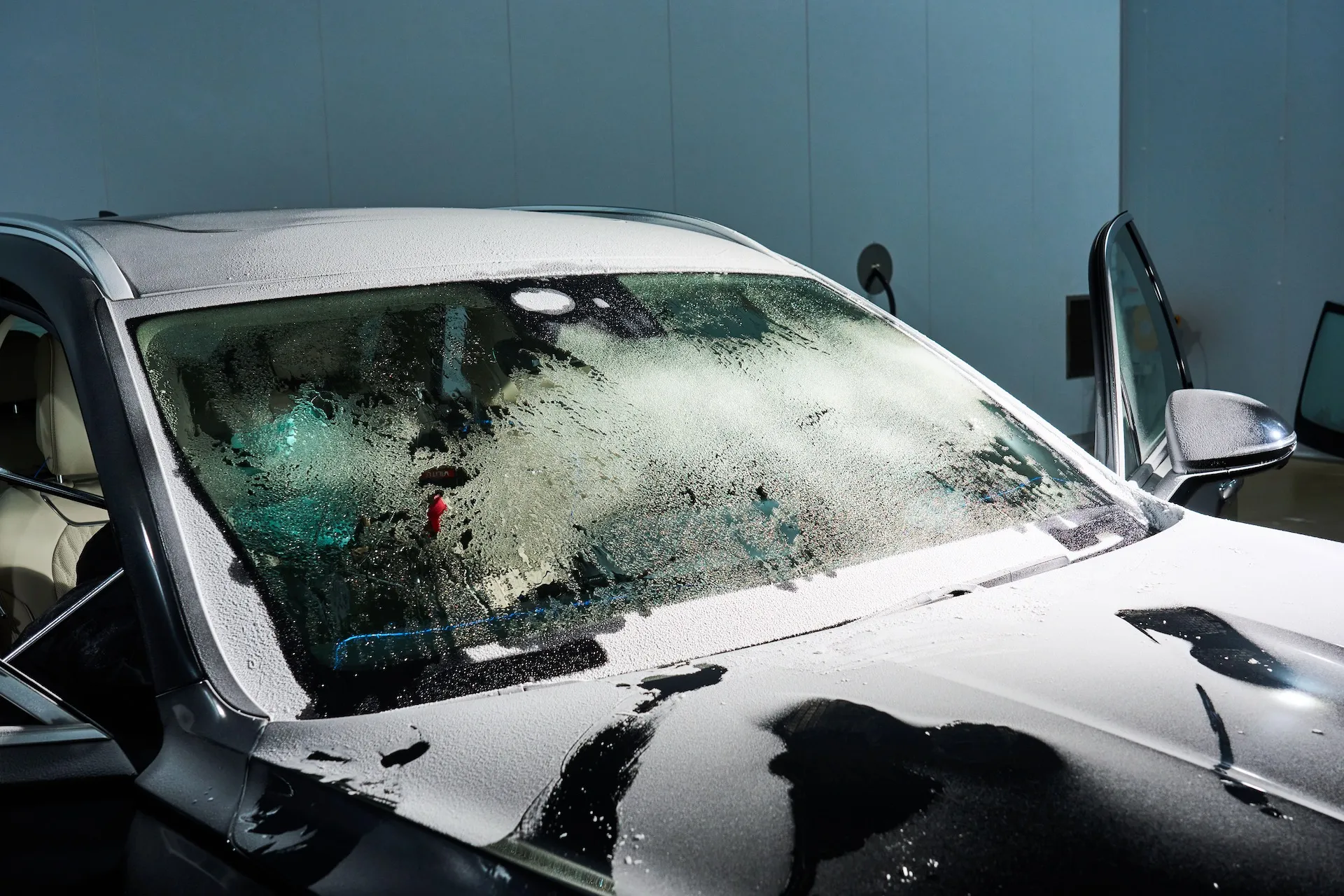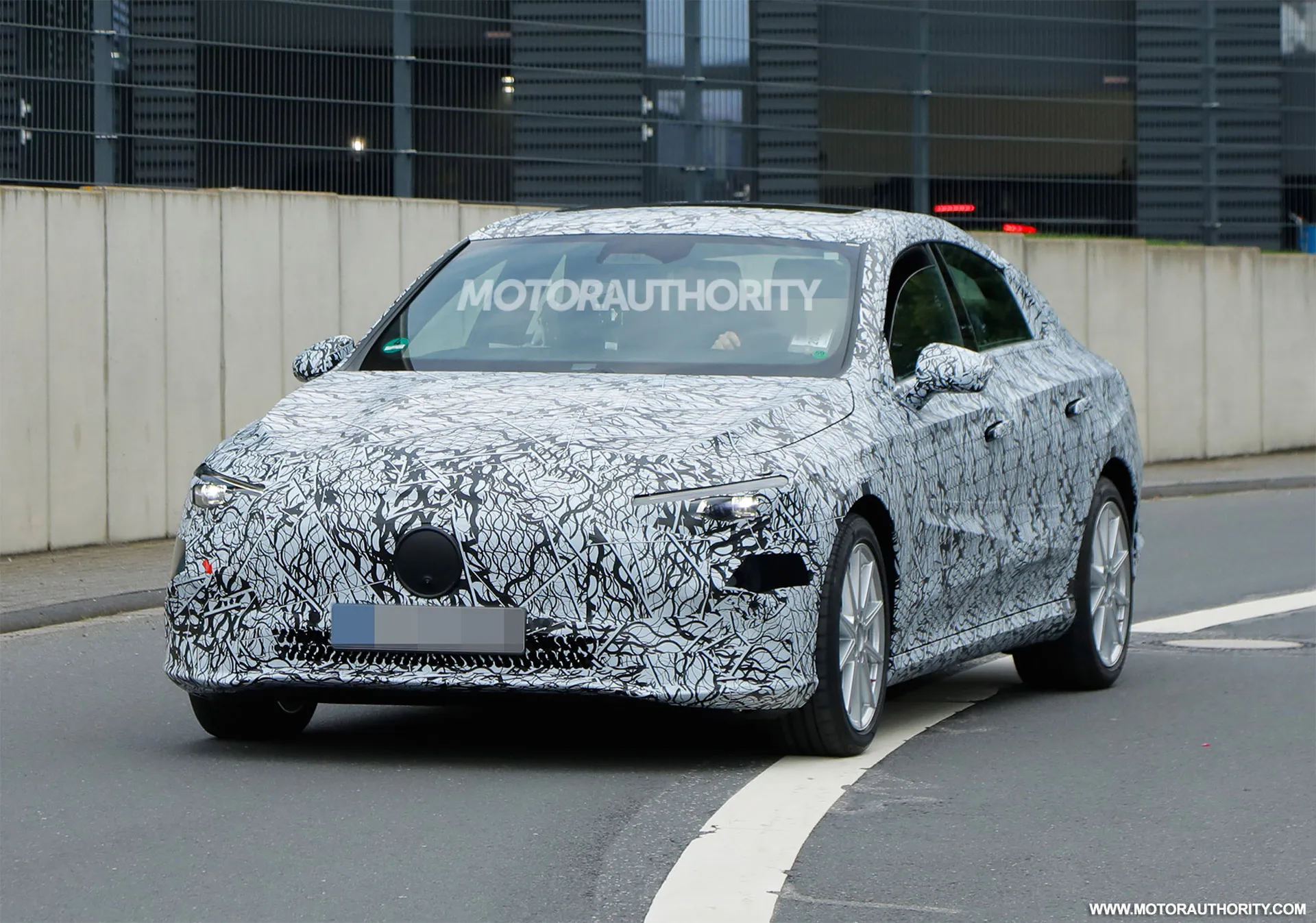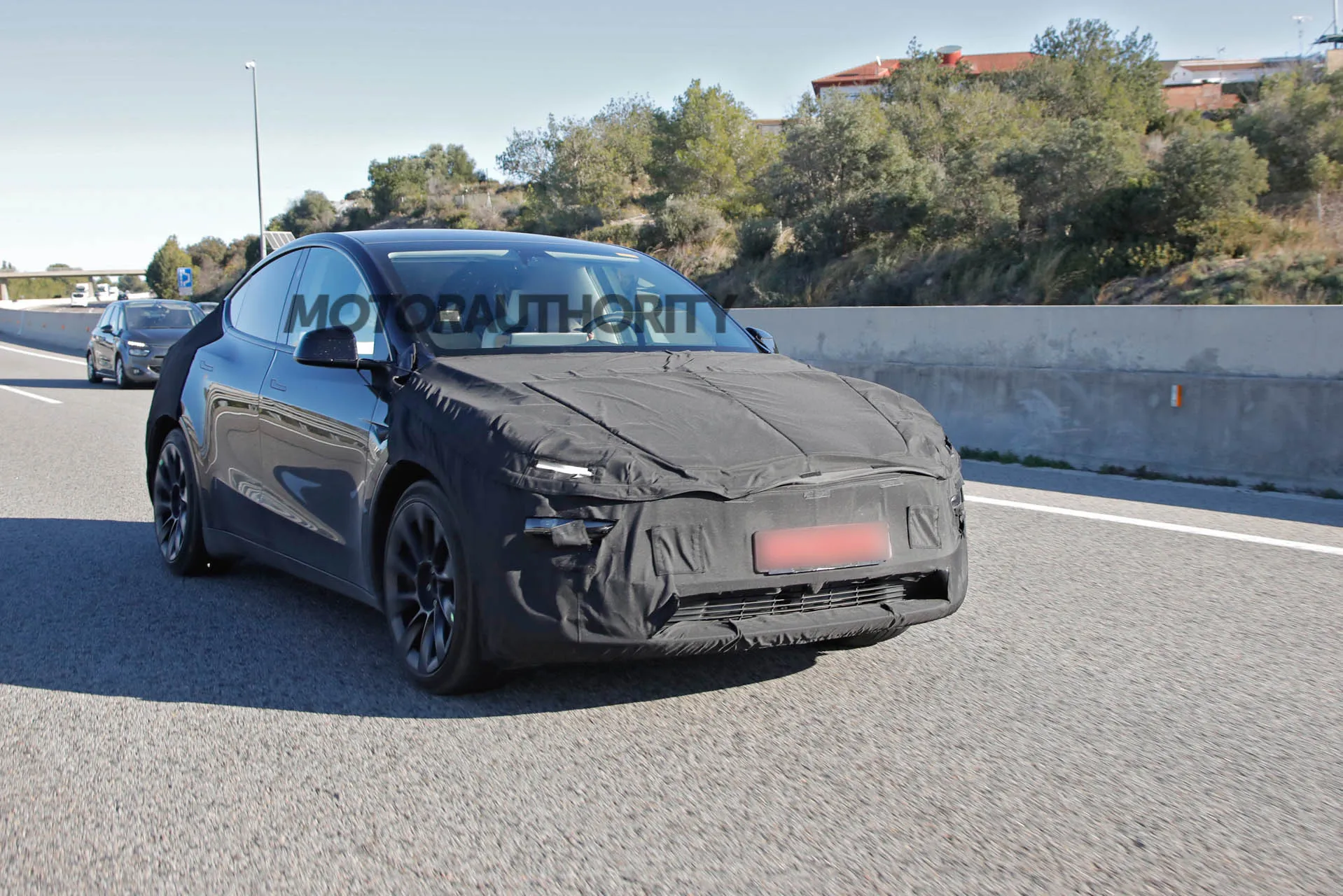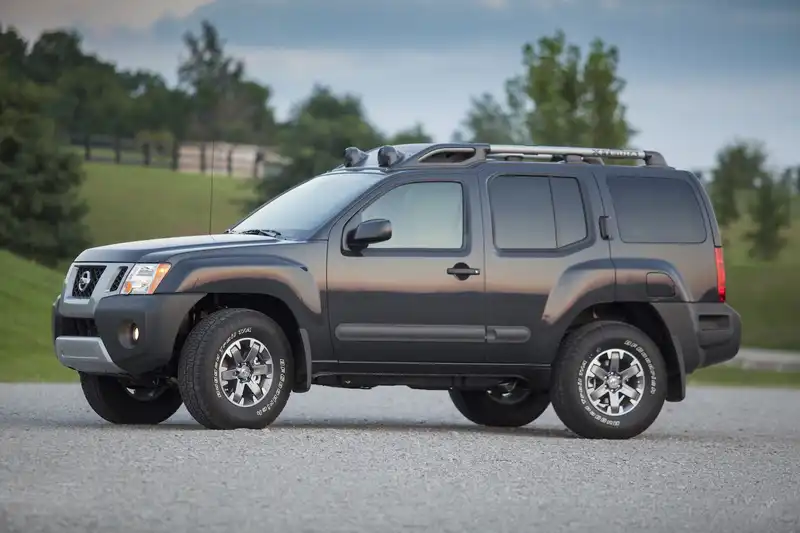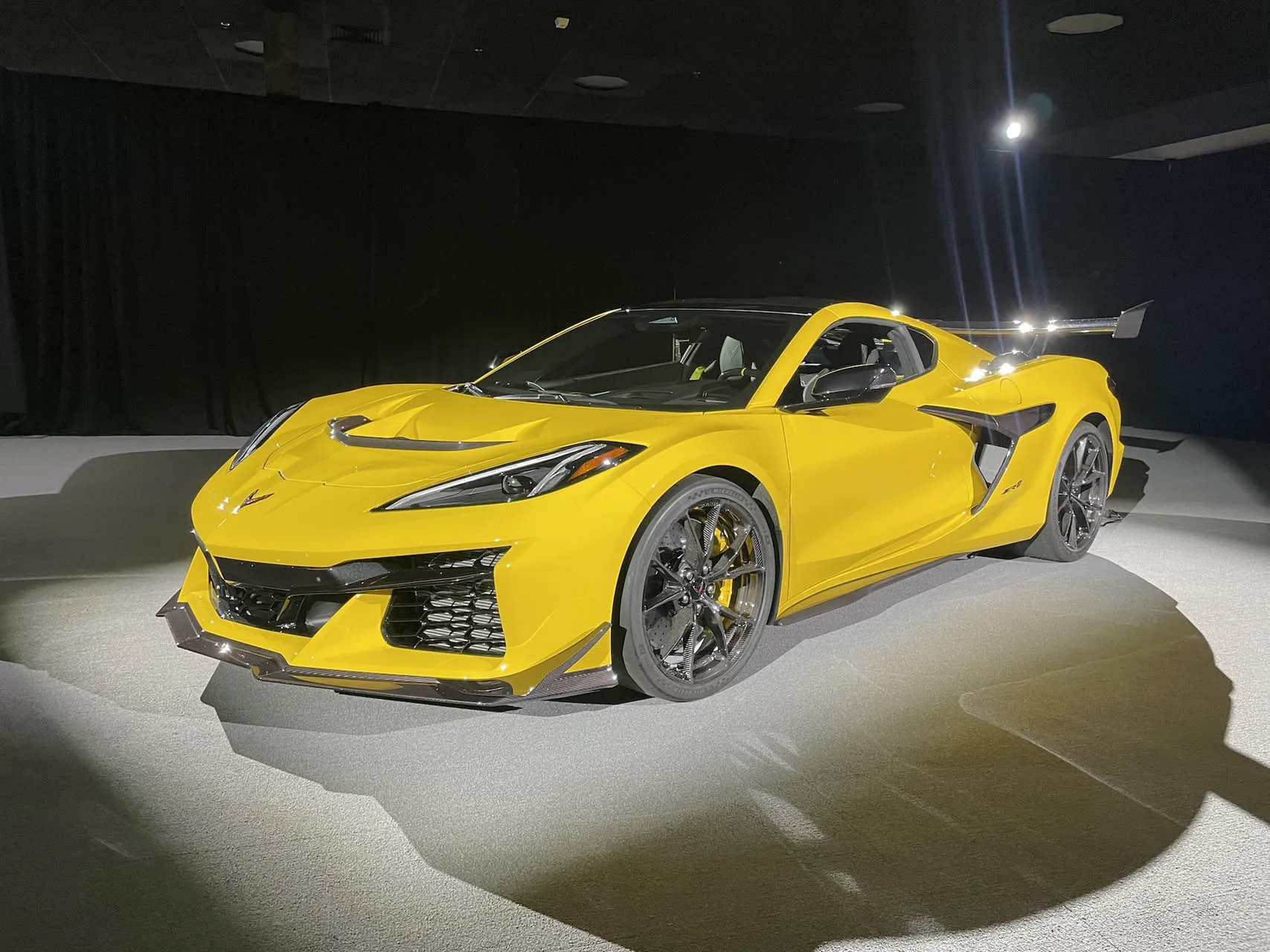Rimac's future lies in groundbreaking technology, not just EVs
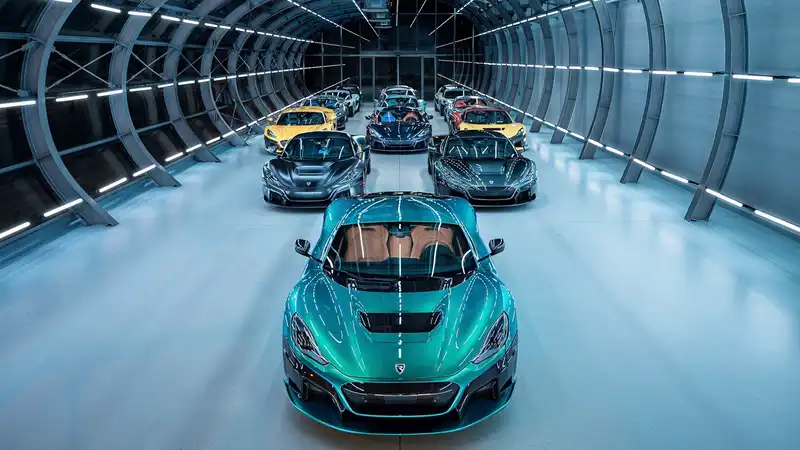
Rimac may be better known as a supplier of electric vehicle technology and maker of the Nevera electric hypercar.
At the Financial Times Future of the Car conference in London this week, Rimac said electric cars are starting to lose their cool factor as governments try to mandate the technology.
"Regulators and some OEMs are pushing it so much that the narrative has changed. They push things on us that we don't want, so people are a little repulsed."
Rimac, who is also Bugatti Rimac's chief of hypercars for the Bugatti and Rimac brands, said buyers in the high-end segment are more emotional and prefer a more analog experience. He cited the example of certain analog watches fetching higher prices than the latest smartwatches, despite the fact that smartwatches are much more powerful.
Rimac also stated that he does not believe that demand for electric hypercars will return because it will be difficult to differentiate the technology, which is extremely important in the hypercar segment. He noted that Rimac's own electric hypercar, the Nevera, was announced in 2021 and has yet to sell out, even though only 150 units have been produced.
This is one of the main reasons he pushed for the development of a V-16 engine for Bugatti's Chiron successor, which will be unveiled next month. According to Rimac, this engine will be naturally aspirated and, when combined with a hybrid system, will produce well over 1,000 hp in the Chiron successor.
He also said at the conference that Rimac's car need not be exclusively electric, according to Autocar. He said that Rimac will do "whatever is most exciting at the time," which could include fuels such as natural gas, hydrogen, or diesel.
The company is already looking to branch out into technologies outside the EV segment. In addition to its work with Bugatti, Rimac is also developing self-driving technology and plans its own robot cab service. Rimac's robot cabs are expected to be unveiled as early as next month.
